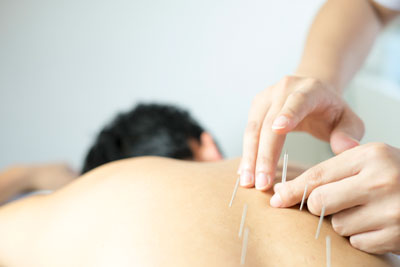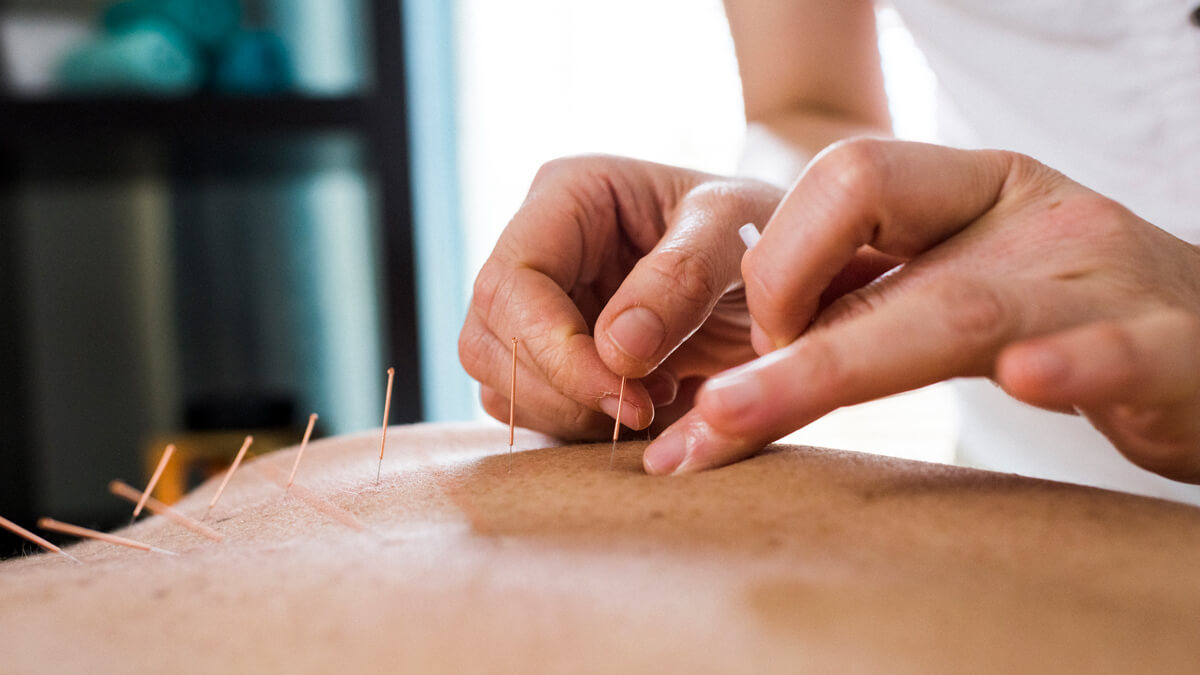Dry Needling : What to Expect
in Joondalup & Yanchep

Dry needling is a technique that targets specific muscles and trigger points. It involves inserting a fine needle into affected areas of soft tissue, which may assist in reducing muscular tightness and discomfort.
After the treatment, your practitioner will assess the area for changes in muscle tone and mobility. It’s generally advised to rest for a few hours after your session. Strenuous physical activity, including gym workouts, may not be recommended immediately following treatment.
Potential Effects and Considerations
Dry needling is one of several techniques used to manage musculoskeletal issues. Some individuals report temporary improvements in symptoms such as muscular tightness or localised discomfort. However, outcomes can vary and are dependent on several factors, including the nature of the condition and individual response.

Suitability and Safety
Dry needling may not be appropriate for everyone. It is typically not recommended for:
- Individuals with certain blood disorders
- People with a history of fainting
- Those with a significant fear of needles
- Young children, due to difficulty staying still for the procedure
Your practitioner will assess your individual circumstances to determine whether dry needling is suitable for you.
Risks and Side Effects
As with any procedure involving needles, there are potential risks. These may include:
- Bruising
- Temporary soreness or tenderness
- In rare cases, more serious complications (which your practitioner will discuss with you)
Any concerns or medical history will be reviewed prior to treatment to help ensure safety.
Is It Right for You?
Dry needling may be one option to consider as part of a broader musculoskeletal care plan. Its effectiveness varies between individuals. A comprehensive assessment is required to determine whether this technique is appropriate for your specific needs.
Frequently Asked Questions
How does dry needling differ from traditional acupuncture?
What can I expect after a session?
Are there any reasons dry needling may not be suitable?
How soon might I notice changes?
Booking an Appointment
If you’re interested in learning more about dry needling and whether it’s suitable for you, please contact our practice to arrange a consultation.
CONTACT US

